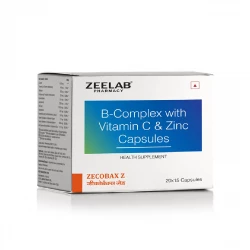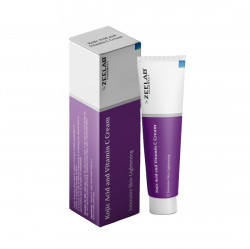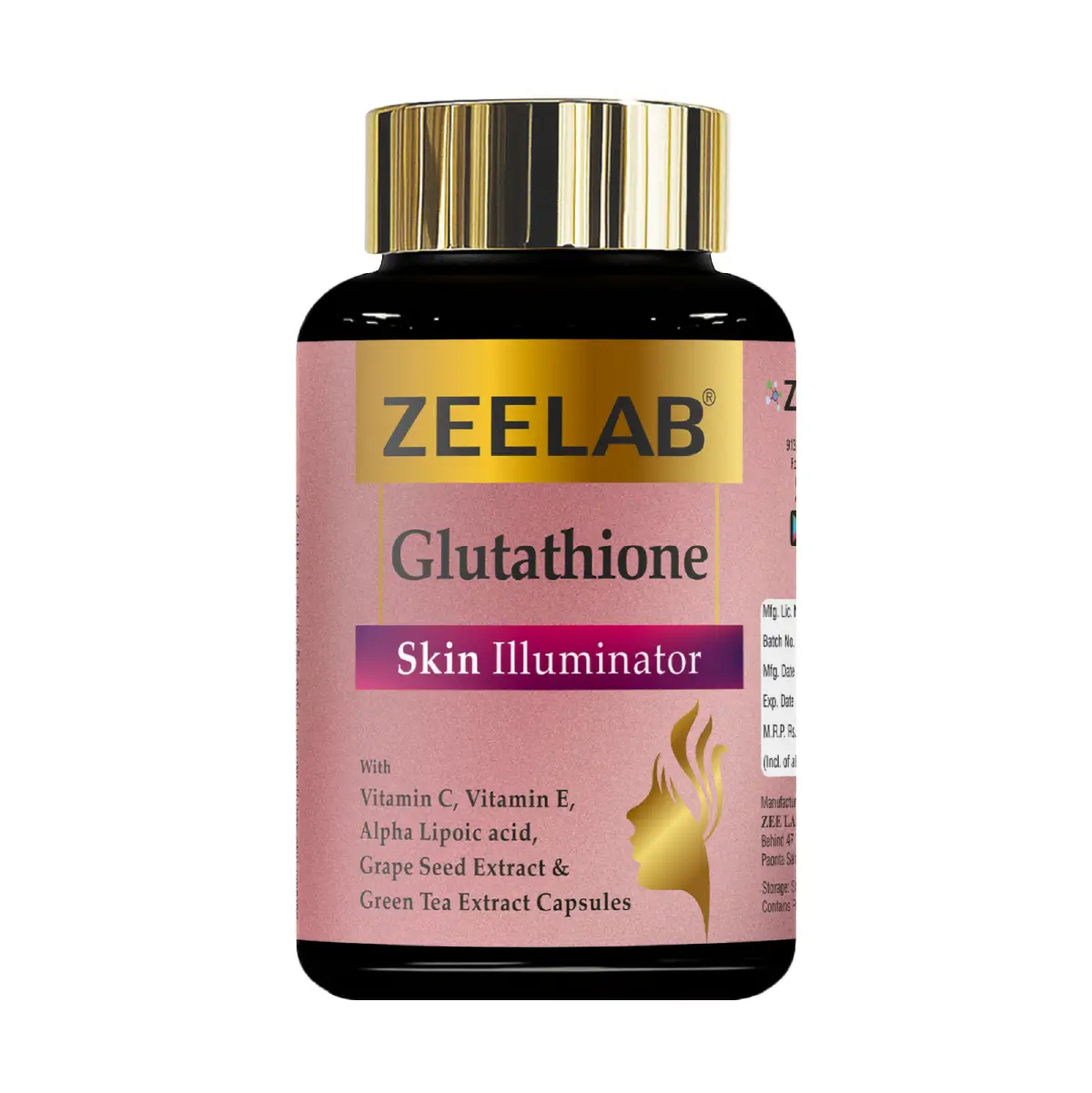Vitamin C for Skin: Benefits, Uses & How to Get the Best Results


Vitamin C is a powerful skincare ingredient that helps brighten, protect, and rejuvenate the skin. If you want to reduce dark spots, boost collagen production, or fight signs of aging, using vitamin C for skin can be highly effective. In this guide, we’ll explore its benefits, the best ways to use it, and how to choose the right vitamin C product for your skin.
Why is Vitamin C Important for Skin?
Vitamin C, also known as ascorbic acid, is an antioxidant that plays a crucial role in keeping the skin healthy. Since our body doesn’t produce vitamin C naturally, we need to get it through diet or skincare products.
Benefits of Vitamin C for Skin
- Brightens Skin & Reduces Dark Spots: Vitamin C helps fade hyperpigmentation, sun spots, and acne scars for an even complexion.
- Boosts Collagen Production: Supports collagen synthesis, reducing fine lines and wrinkles.
- Fights Free Radical Damage: Protects the skin from UV rays, pollution, and other environmental stressors.
- Reduces Inflammation & Redness: Helps calm irritated or sensitive skin.
- Hydrates & Strengthens the Skin Barrier: Some forms of vitamin C improve moisture retention for soft, plump skin.
- Speeds Up Wound Healing: Accelerates skin repair and helps fade acne scars faster.
Best Ways to Use Vitamin C for Skin
- Vitamin C Serums: The most effective way to deliver vitamin C directly to the skin. Apply in the morning before sunscreen.
- Vitamin C Creams & Moisturizers: Provide hydration along with antioxidant benefits, ideal for dry skin.
- Vitamin C Face Masks: Use 1-2 times a week for an instant glow.
- Vitamin C Supplements: Taking vitamin C orally supports overall skin health.
- Vitamin C-Rich Foods: Include oranges, strawberries, bell peppers, and kiwis in your diet.
How to Choose the Right Vitamin C Product
- Form of Vitamin C: L-ascorbic acid is the most potent form, but derivatives like sodium ascorbyl phosphate are more stable.
- Concentration: 10-20% is ideal for visible results without irritation.
- Packaging: Choose dark glass bottles or airless pumps to prevent degradation.
- Additional Ingredients: Vitamin E, ferulic acid, and hyaluronic acid enhance the effectiveness of vitamin C.
Common Side Effects & How to Avoid Them
- Mild Irritation or Redness: Start with a lower concentration and gradually increase usage.
- Sensitivity to Sunlight: Always apply sunscreen (SPF 30+) when using vitamin C in the morning.
- Pilling with Other Products: Allow vitamin C to absorb fully before applying other skincare layers.
Also Read: Best Vitamin C Serum for Pigmentation Removal
Frequently Asked Questions
Q. Can vitamin C remove dark spots?
A. Yes, it helps fade hyperpigmentation by reducing melanin production.
Q. Should I use vitamin C in the morning or at night?
A. Morning use is recommended as it protects against sun damage, but it can also be used at night.
Q. Can I use vitamin C with retinol?
A. It’s best to use vitamin C in the morning and retinol at night to avoid irritation.
Q. How long does it take for vitamin C to show results?
A. Visible improvements may appear in 4-8 weeks with consistent use.
Q. Is vitamin C safe for all skin types?
A. Yes, but those with sensitive skin should start with a milder concentration.
Final Thoughts
Vitamin C is a must-have skincare ingredient for achieving a glowing, youthful complexion. It brightens skin, fights signs of aging, and protects against environmental damage. To get the best results, choose the right formulation, apply it consistently, and always wear sunscreen.
Are you using vitamin C for skin? Share your experience in the comments below!
Lysine (50 mg) + Vitamin B1 (1.4 mg) + Vitamin B2 (1.6 mg) + Vitamin B6 (2 mg) + Vitamin B12 (0.001 mg) + Vitamin C (25 mg) + Folic Acid (0.1 mg) + Niacin (18 mg) + Pantothenic Acid (5 mg) + Copper (1.7 mg) + Selenium (0.04 mg) + Zinc (17 mg)
15 Capsules in 1 Strip
Sodium Ascorbate (450mg) + Ascorbic Acid (100mg) + Zinc Citrate (5mg)
10 Tablets in 1 strip
Kojic Acid 2% & Vitamin C
20gm In 1 tube
Vitamin C, Vitamin E, Alpha Lipoic Acid, Grape Seed Extract & Green Tea Extract Capsules
60 Capsules Per Jar
Recent Blogs
Disclaimer : Zeelab Pharmacy provides health information for knowledge only. Do not self-medicate. Always consult a qualified doctor before starting, stopping, or changing any medicine or treatment.




















 Added!
Added!